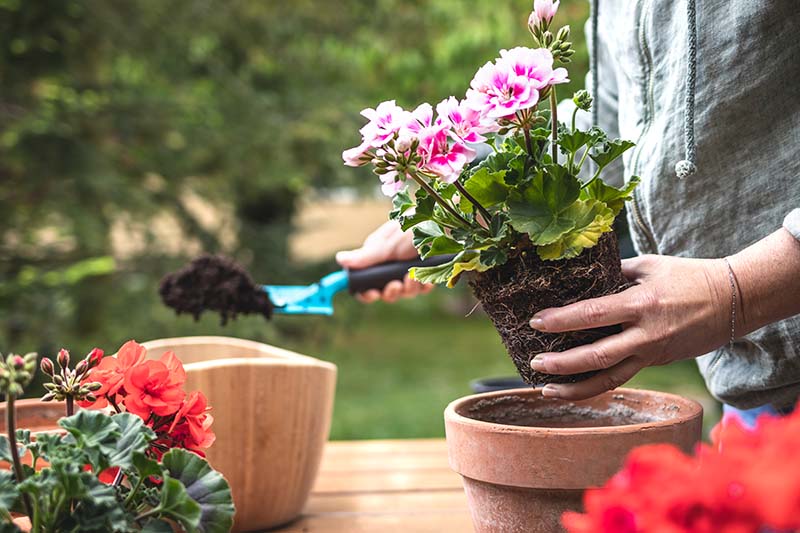
Home & Garden
June Gardening Tips
June 02 2022
The heat is coming on more and mote each day, but that doesn't mean you can't have an envious garden this summer. Here are some tips to keep your garden lush, bountiful and beautiful.
Lawns
- Apply iron sulfate or chelete to St. Augustine grass lawns.
- Mow St. Augustine to a 2-inch height now to protect roots from the sun. Never cut off more than a third of the leaf.
- Continue treatment of lawns for chinch bug. As the temperature hits 80 degrees, chinch bugs begin to reproduce in the hottest and driest part of the lawn, usually next to cement. Use diazinon or dursban granules.
Flowers
- Overwatered hibiscus, purslane and bougainvillea won't bloom.
- Keep flowers pinched off of coleus and caladiums to encourage more of the beautiful foliage.
- Plants to set: Acalpha, Ageratum, Alternathera, Aspidistra, Artemisia, Balsam, Begonia, Chrysanthemum, Cockscomb, Coleus, Croton, Dusty Miller, Feverfew, Gaillardia, Geranium, Marigold, Petunia, Pinks, Portulaca, Salvia-red, Shrimp Plant, Torenia, Verbena and Vinca.
Vegetables
- A strong blast of water in the morning rids plants of most bugs for the rest of the day.
- Vegetables to plant: Cantaloupe, Sweet Corn, Cucumber, Eggplant sets, Okra, Black Peas, Pepper Sets, Summer Squash and Sweet Potato.
Shrubs
- Watch Camellias and Azaleas, they're setting their blooms now for next season. So give them a good mulch and plenty of water.
- Mulch well with oak leaves and/or pine needles to keep soil acidic.
Benefits of Mulching
Mulching (organic or inorganic) is a layer of material on the surface of the soil around the plant. Mulches conserve water by reducing evaporation, insulates the soil and protects it from the drying wind and hot sun. Mulches break the force of rain and irrigation water and tend to prevent erosion, soil compaction, and crusting. Lastly, a 2-3 inch layer of mulch will almost eliminate weed problems.



